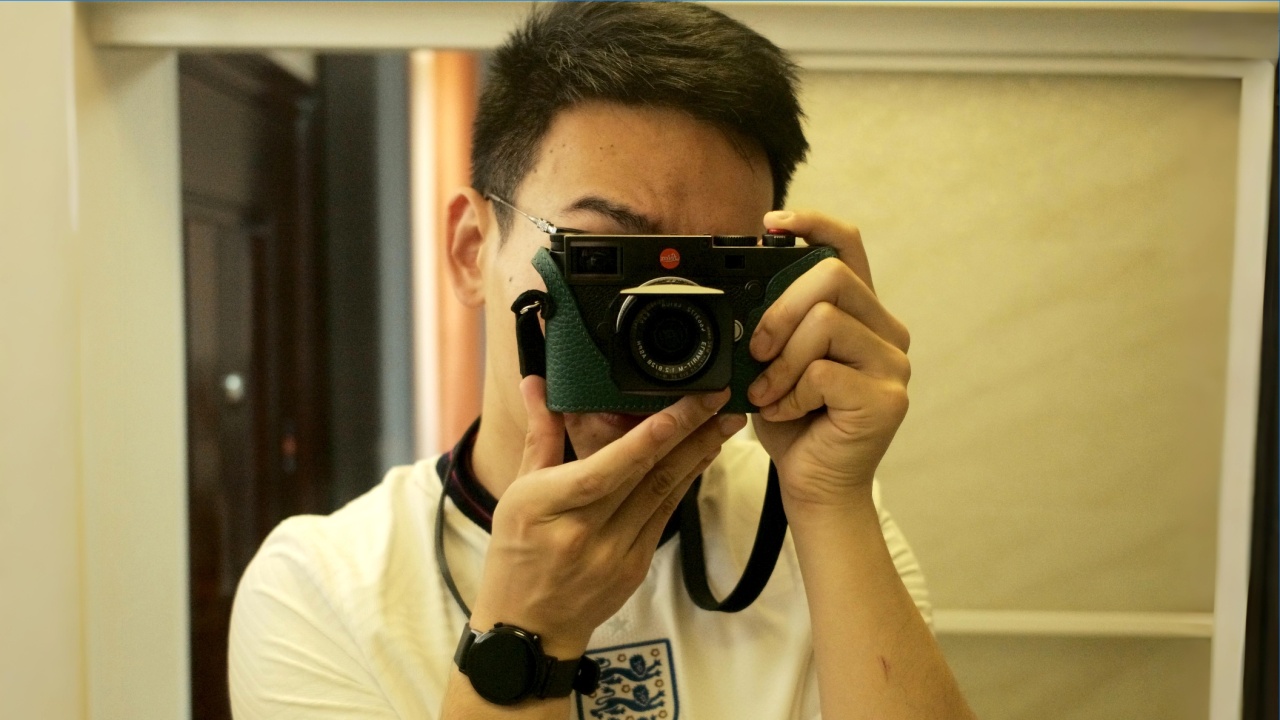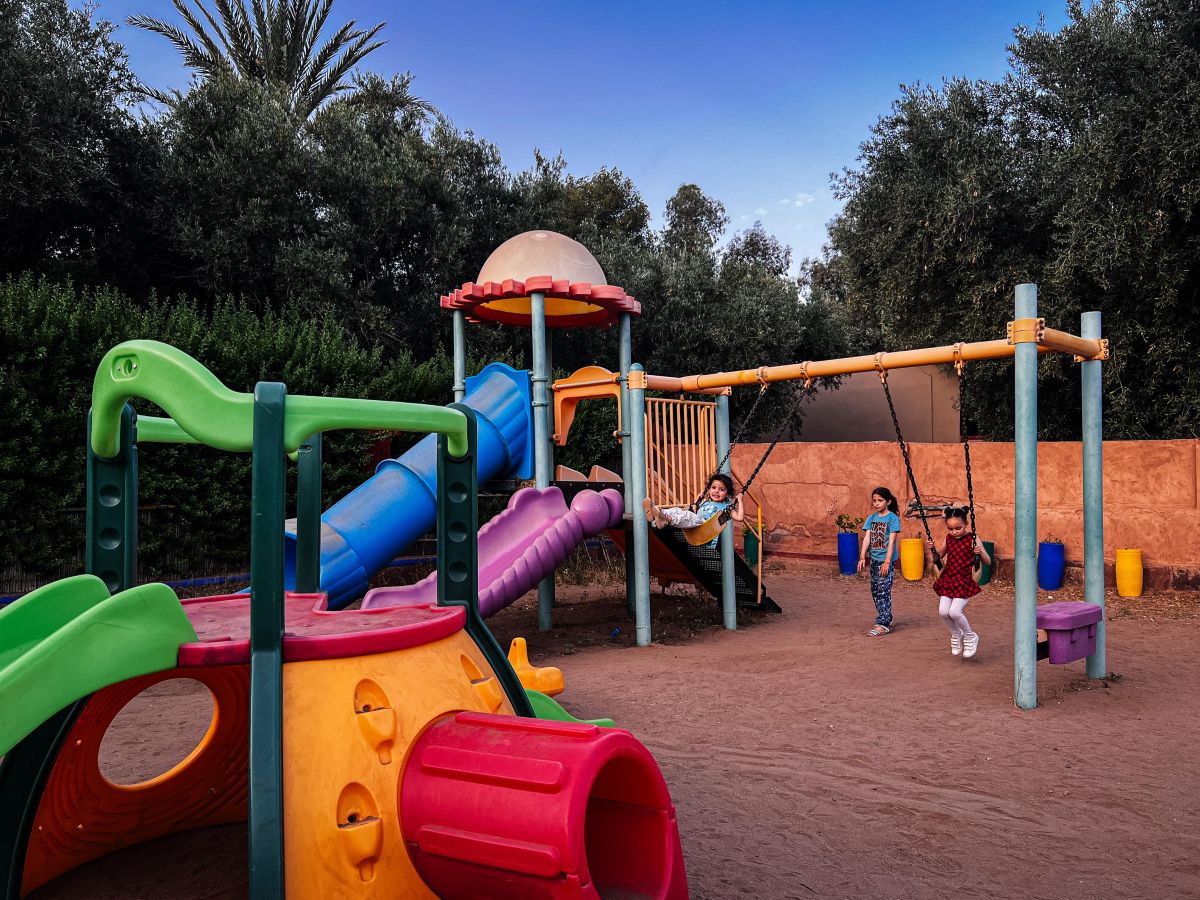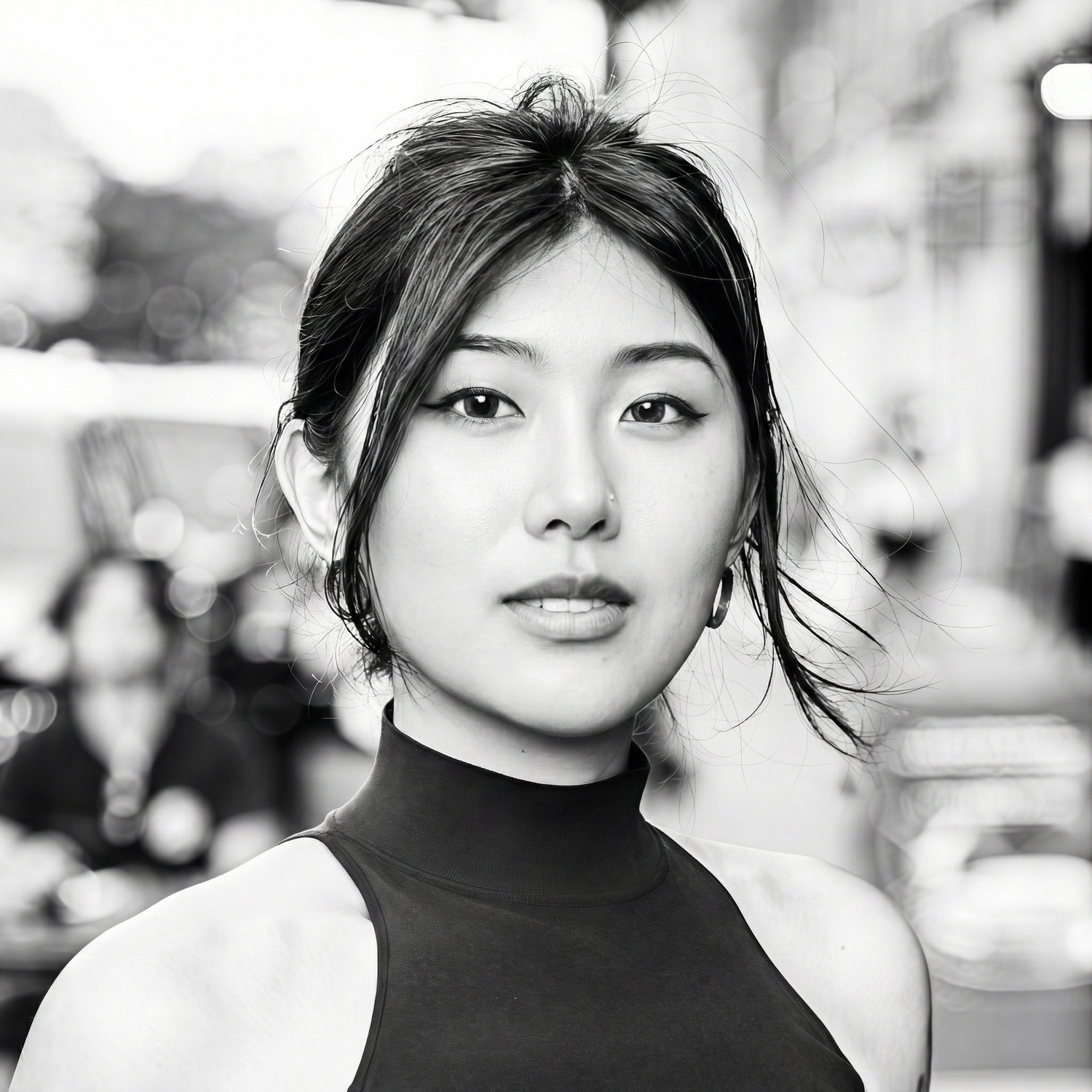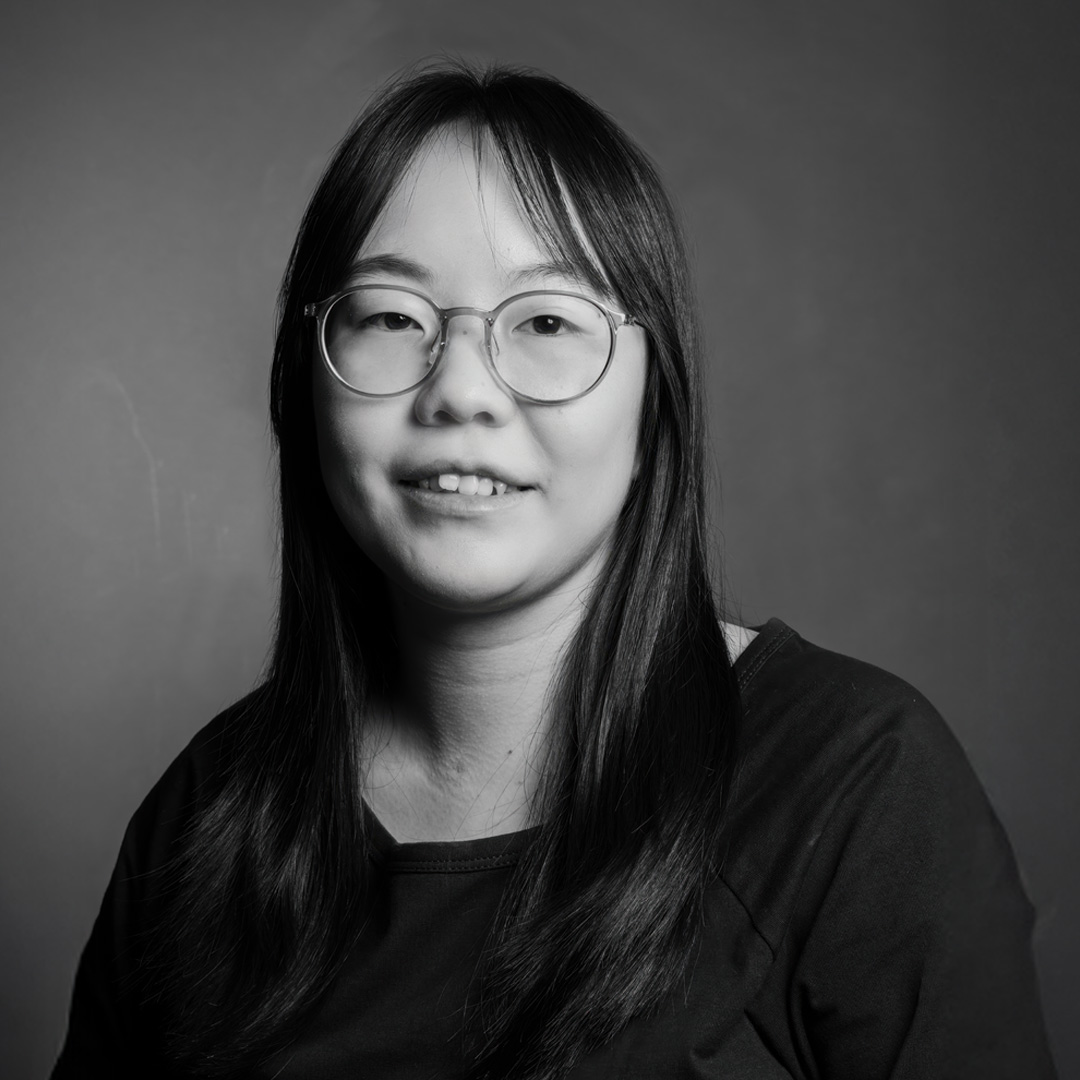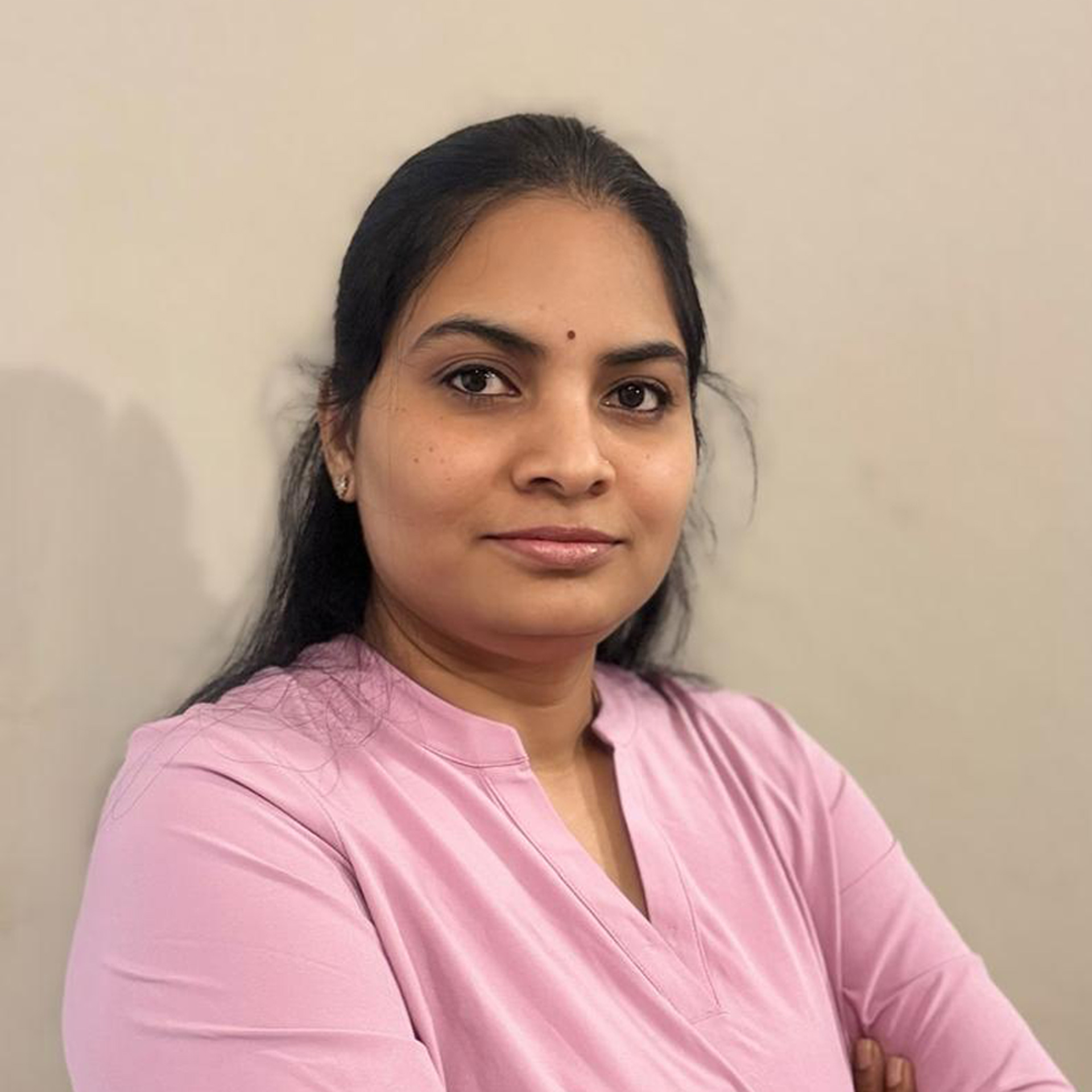A Quiet Playground at Dusk: Juncheng Shen’s Timeless Capture
Juncheng Shen
Juncheng Shen’s Kids of Morocco captures the fleeting innocence and warmth of childhood through a quiet moment of play at dusk. For Shen, photography is a lifelong pursuit of meaning in the ordinary, where every image reflects emotion, connection, and life’s quiet beauty.
Thank you! I’m truly honored to receive this award. My journey with photography began when I was 12 years old—I got my first DSLR from my father, and that moment sparked a passion that’s stayed with me ever since. I was especially drawn to street photography from the very beginning. Even though my early photos weren’t technically great, I was fascinated by the spontaneity and emotion of life on the streets.
Over time, I began studying photography more seriously—looking through photobooks, watching videos, and learning from the work of others. As I gained more life experience, I found that my photography also grew in depth and meaning. It’s become more than just a way of capturing moments—it’s a way of thinking, observing, and connecting with the world around me.
The inspiration for this piece came from the simple yet profound joy of childhood. I captured it in a quiet playground at dusk, where the vibrant colors of the slides and swings stood out against the earthy tones of the ground and walls, all framed by the calm of the surrounding greenery.
At the center were three children—two soaring joyfully on swings while another waited in anticipation—a fleeting moment that reflected innocence, freedom, and togetherness.
Winning this award feels deeply encouraging. It reassures me that these small, everyday moments of joy are worth noticing and preserving. For me, photography has always been about finding meaning in the ordinary, and this recognition motivates me to continue documenting those human stories that might otherwise go unseen.
Honestly, I don’t overthink it too much. I simply choose the photo that moves me the most—something that I personally feel a strong emotional connection to. If an image touches me deeply, I believe there’s a chance it might resonate with others too. For me, it’s less about technical perfection and more about the feeling behind the moment.
For me, it all started with the desire to capture what truly moves me. I believe that behind every powerful image, there should be a sense of thought, emotion, and perspective from the photographer. There has to be something that touches the heart—something meaningful.
Elements like color, lighting, or composition are important, but they’re supporting tools. The core of a photograph should always be the feeling or story it carries. That’s what first made me pick up a camera—and what keeps me going.
My favorite type of photography is documentary-style street photography. I love it because it allows me to capture real, unscripted moments of everyday life. There’s something powerful about observing the world as it is—raw, honest, and full of emotion. Street photography challenges me to find beauty and meaning in the ordinary, and that’s what keeps me inspired.
My go-to camera is actually my phone—whatever model I’m using at the time. I love it because it’s discreet, reliable, and fast. In street photography, moments happen in an instant, and having a camera that’s always with me and ready to shoot makes all the difference. Its unobtrusive nature allows me to capture authentic scenes without disrupting them. That spontaneity is exactly what I need for my work.
If someone looked at my work, I’d hope it encourages them to pay more attention to the touching little details in everyday life. There’s so much beauty in the moments we often overlook, and through my photography, I want to remind people to slow down, observe, and feel more deeply. Sometimes, it’s the smallest scenes that carry the most meaning.
To be honest, it wasn’t technically difficult—the key was simply being observant and present. The most important part was making sure I could recognize a touching moment and capture it instantly. In street photography, things happen quickly, so you have to train your eyes and instincts to respond in that split second.
One of my biggest inspirations is Alex Webb. I’ve always been deeply drawn to his work—his compositions are masterful, and every frame tells a layered, emotional story. His photography constantly reminds me of the power of visual storytelling, and it inspires me to keep searching for the next image that holds that same sense of depth and narrative. His influence has made me passionate about capturing scenes that feel alive and full of meaning.
My biggest influence in photography has been my father. He’s always encouraged me and supported my passion, constantly reminding me to make the most of every opportunity to shoot. From the very beginning, he’s been my greatest source of motivation and strength. His belief in me has been a constant reminder to keep going, and I wouldn’t be where I am today without his support.
I would encourage every photographer to stay curious—observe more, shoot more, and think deeply about what you're capturing. Entering photography awards isn’t just about winning; it’s a great way to reflect on your work and grow from it. My advice is simple: read widely, travel far, and let life inspire your perspective. The more you see and feel, the more meaningful your photography will become. Stay true to your voice, and don't be afraid to share it with the world.
My advice would be: stay true to yourself. Don’t follow trends just for the sake of fitting in, and never forget why you picked up the camera in the first place. Photography should be about expressing your own vision and finding joy in the process—not about trying to please others. Create work that speaks to you first, and everything else will follow.
Since I mainly focus on documentary-style photography, I tend to keep my editing very minimal. I don’t rely heavily on post-processing—instead, I use it simply to enhance the image without changing its essence. My workflow usually involves basic adjustments like cropping to emphasize the visual center, and fine-tuning the exposure and contrast to better reflect the mood of the scene. For me, it’s all about preserving the authenticity of the moment.
I believe that everything that exists has its reason—existence is justified. Technology, including AI, is no exception. While it may change how we create and experience photography, I see it as a tool rather than a threat.
For me, the heart of photography will always lie in human emotion, observation, and storytelling. As technology evolves, I’ll continue to embrace it where it helps—but stay grounded in the values that make photography meaningful to me.
If I could photograph anything in the world, I would choose to document the lives of the humble farmers living in the northwest of China. There’s a raw honesty and quiet strength in their daily routines that deeply moves me. I hope to capture their stories, their resilience, and the beauty of their connection to the land—preserving moments that are often unseen, yet deeply meaningful.
Winning Entry
Read about Roberto Pazzi's photographic insights in his recent interview titled "Reimagining Cultural Storytelling Through the Eyes of Roberto Pazzi" here.
ADVERTISEMENT
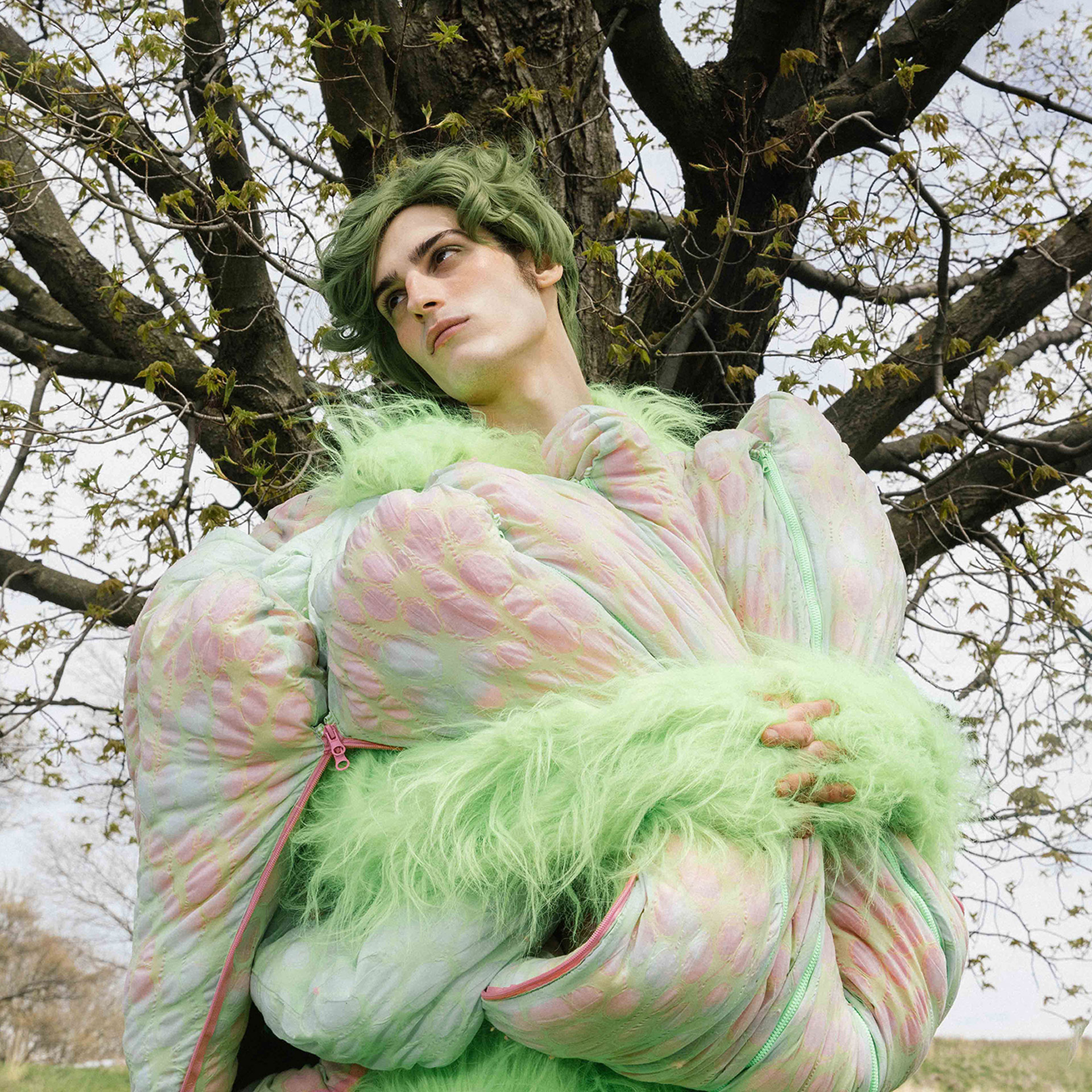

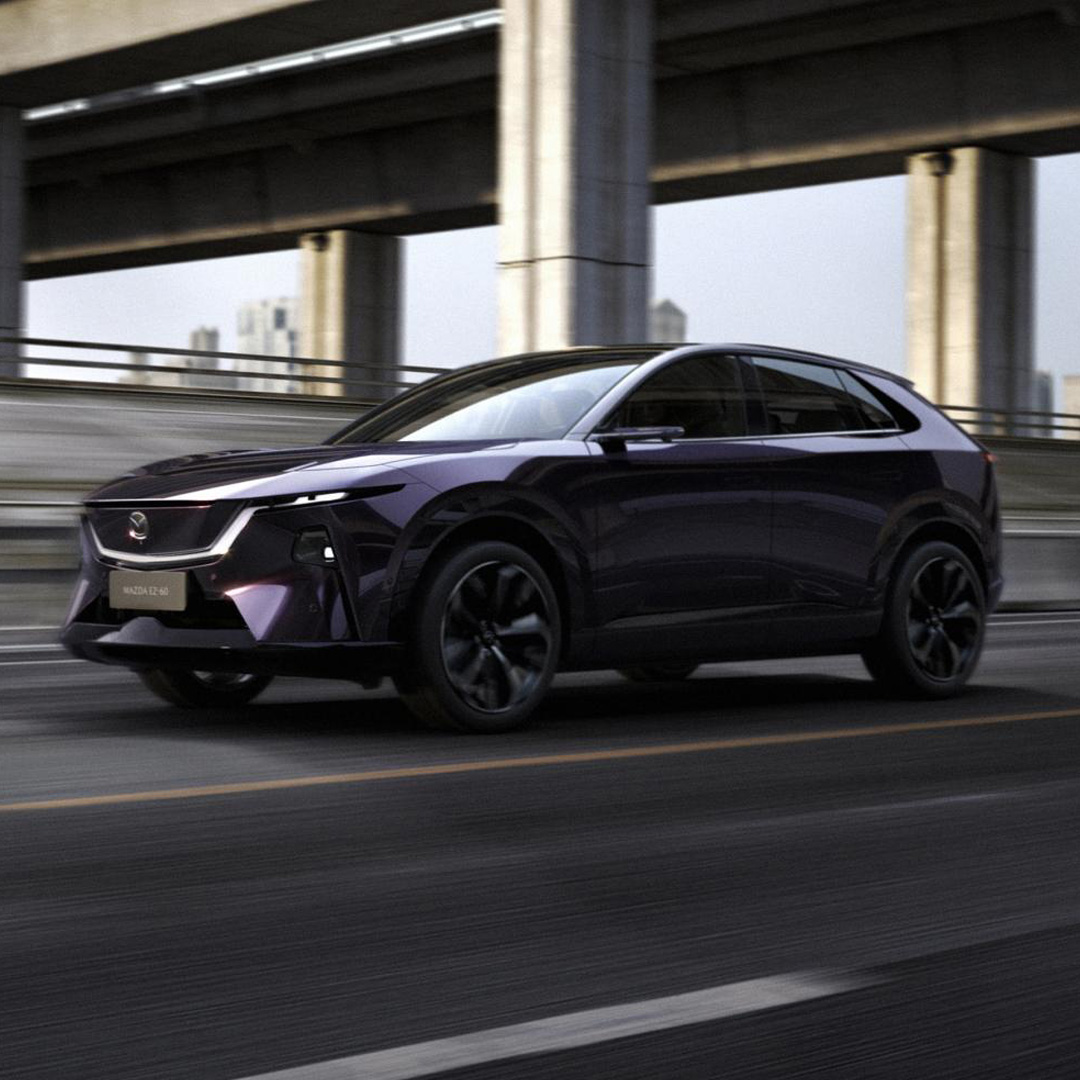





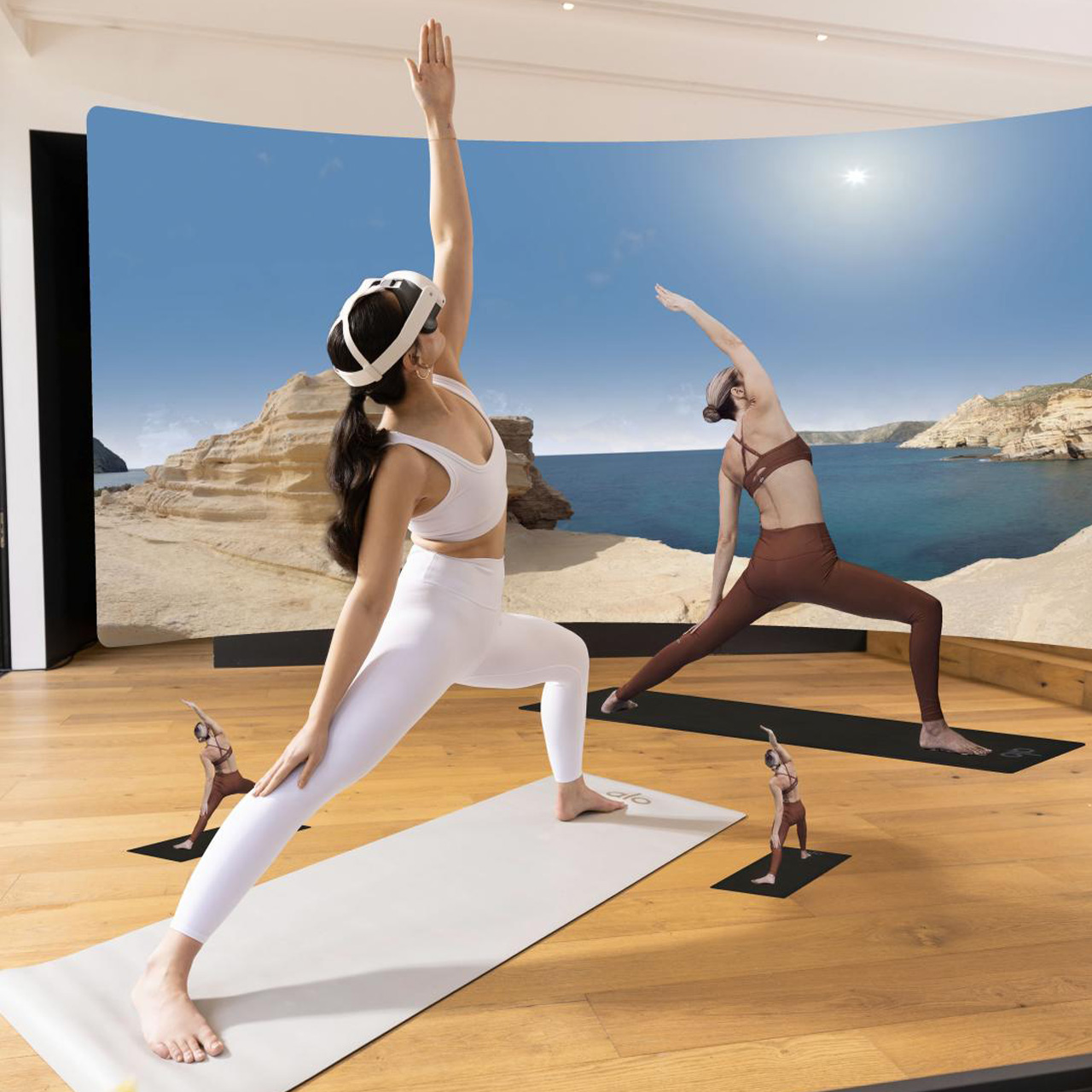

IAA GLOBAL AWARDS
MUSE Awards
Vega Awards
NYX Awards
TITAN Awards
- TITAN Business Awards
- TITAN American Business Awards
- TITAN Property Awards
- TITAN Women In Business Awards
- TITAN Health Awards
- TITAN Innovation Awards
- TITAN Brand Awards

